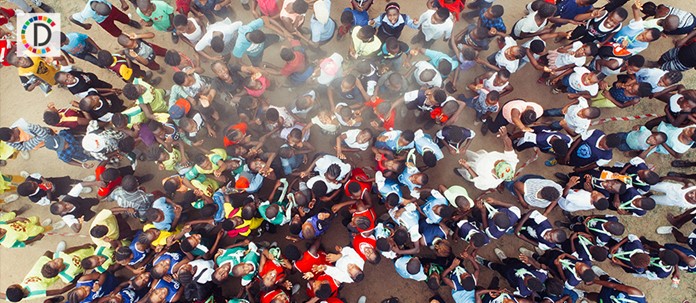Skeletal remains of 2 children found at Keeladi site sent for analysis
The skeletal remains of two children found at the ancient archaeological site of Keeladi in Tamil Nadu's Sivaganga district during the sixth phase of excavation have been sent to the Madurai Kamaraj University for analysis, a top official said here on Tuesday.

- Country:
- India
The skeletal remains of two children found at the ancient archaeological site of Keeladi in Tamil Nadu's Sivaganga district during the sixth phase of excavation have been sent to the Madurai Kamaraj University for analysis, a top official said here on Tuesday. The excavation unearthed a skeleton of a juvenile between two urns. Three urns have been excavated from the site so far.
"One found recently measures 95 cm in length while the other, which was found last month, is 75 cm. The skeletons of both children, found in close proximity, have been removed and sent to MKU for analysis," Deputy director of Tamil Nadu state Archaeology department R Sivanandam said.
"Scientific experts will analyse and determine the age, sex and other details... We have handed them over to MKU," he said. In September 2019, throwing more light on the ancient Sangam Age, the Department had said that the cultural deposits unearthed during excavations at Keeladi could be safely dated to a period between 6th century BCE and 1st century CE.
The sixth phase of excavation,covering three neighbouring villages: Konthagai, Agaram and Manalur, commenced in February this year with Chief Minister K Palaniswami formally inaugurating it through video- conferencing from Chennai. While the first three phases of the excavations were carried out by Archaeological Survey of India, the Tamil Nadu State Department of Archaeology conducted the fourth and fifth phases, and has taken up the sixth, which is expected to go on till September.
The Tamil Nadu government has allocated Rs 40 lakh for the sixth phase of the dig. Excavations at Keeladi have so far revealed that it was the cradle of one of the oldest urban civilisations, dating to some 2,600 years.
(This story has not been edited by Devdiscourse staff and is auto-generated from a syndicated feed.)










